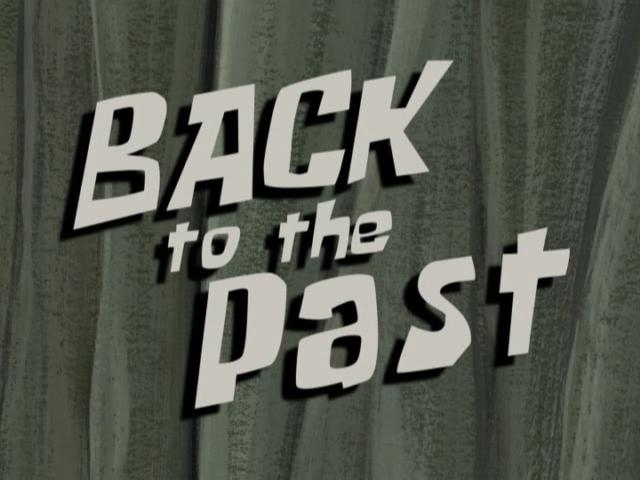Het arrangement P's is gemaakt met Wikiwijs van Kennisnet. Wikiwijs is hét onderwijsplatform waar je leermiddelen zoekt, maakt en deelt.
- Auteur
- Laatst gewijzigd
- 10-11-2017 15:33:04
- Licentie
-
Dit lesmateriaal is gepubliceerd onder de Creative Commons Naamsvermelding 3.0 Nederlands licentie. Dit houdt in dat je onder de voorwaarde van naamsvermelding vrij bent om:
- het werk te delen - te kopiëren, te verspreiden en door te geven via elk medium of bestandsformaat
- het werk te bewerken - te remixen, te veranderen en afgeleide werken te maken
- voor alle doeleinden, inclusief commerciële doeleinden.
Meer informatie over de CC Naamsvermelding 3.0 Nederland licentie.
https://www.ecenglish.com/learnenglish/lessons/past-simple-or-past-perfect
https://delen.edurep.nl/download.php?id=d17a41fb-0b54-482d-90be-a847d823931d
Aanvullende informatie over dit lesmateriaal
Van dit lesmateriaal is de volgende aanvullende informatie beschikbaar:
- Toelichting
- Past forms
- Leerniveau
- HAVO 3; HAVO 2;
- Leerinhoud en doelen
- Engels; Dagelijks leven; Publiek toespreken; Spreken; Schrijven; Verslagen en rapporten (Engels);
- Eindgebruiker
- leerling/student
- Moeilijkheidsgraad
- gemiddeld
Bronnen
| Bron | Type |
|---|---|
|
https://www.youtube.com/watch?v=xLA58CSIf3M https://www.youtube.com/watch?v=xLA58CSIf3M |
Video |
|
https://www.youtube.com/watch?v=mOQ_VnC6dtU https://www.youtube.com/watch?v=mOQ_VnC6dtU |
Video |
|
https://www.youtube.com/watch?v=Lm7BJV3sizM https://www.youtube.com/watch?v=Lm7BJV3sizM |
Video |
|
https://www.youtube.com/watch?v=88L7ErhfLFQ https://www.youtube.com/watch?v=88L7ErhfLFQ |
Video |
|
https://www.youtube.com/watch?v=3L1Roi5e4ws&feature=youtu.be https://www.youtube.com/watch?v=3L1Roi5e4ws&feature=youtu.be |
Video |
Gebruikte Wikiwijs Arrangementen
Termeer, Patricia. (2015).
passive pres simple/past simple/pres perf
https://maken.wikiwijs.nl/70239/passive_pres_simple_past_simple_pres_perf
Termeer, Patricia. (2016).
past simple/past continuous 4
https://maken.wikiwijs.nl/71991/past_simple_past_continuous_4
Termeer, Patricia. (2015).
Past simple/past perfect
VO-content - Kennisbanken. (2016).
Past perfect continuous


